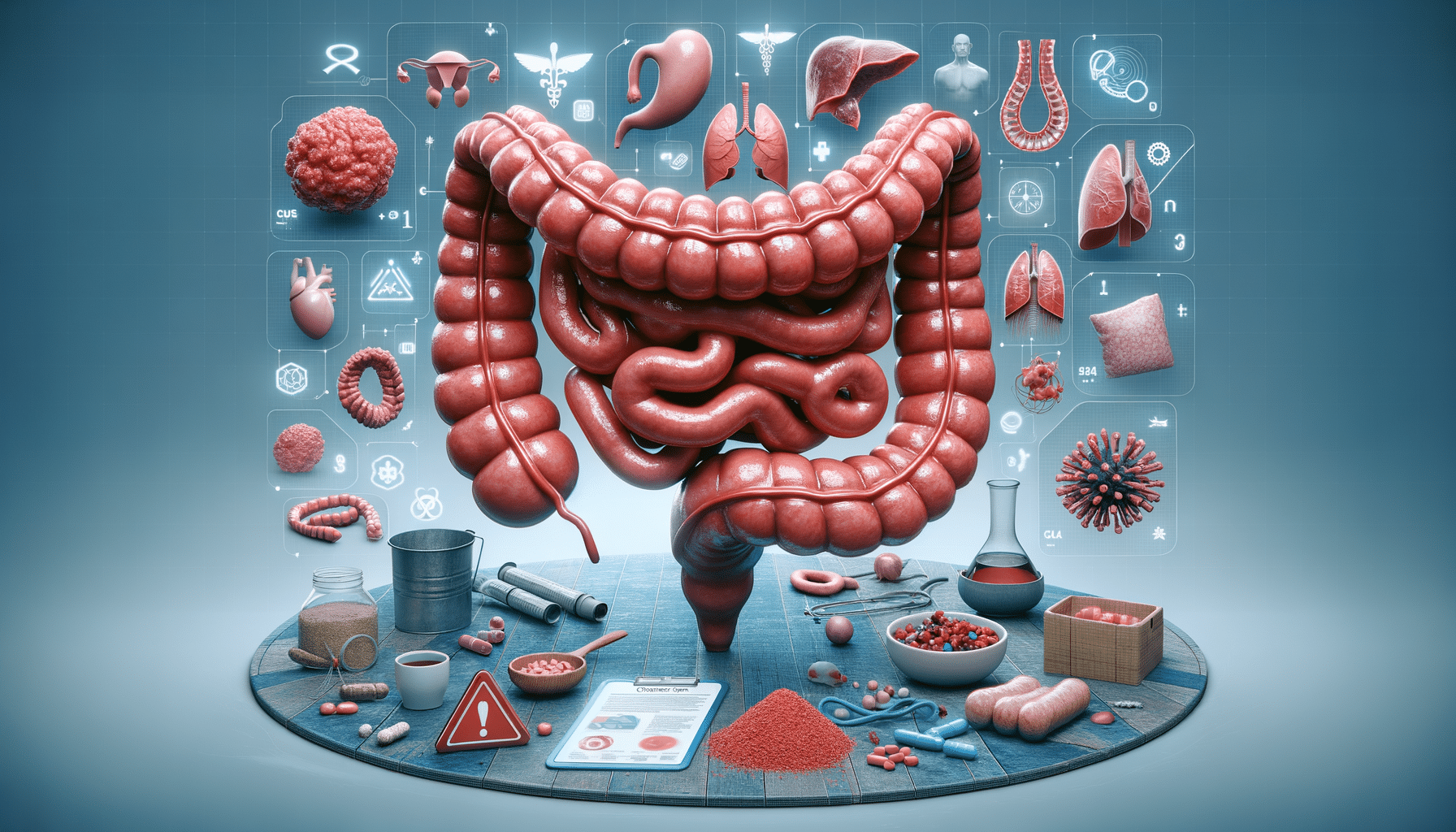
Colon Cancer: How It Spreads, Early Signs, and What You Need to Know
Understanding Colon Cancer and Its Early Signs
Colon cancer, also known as colorectal cancer, is a condition that begins in the colon or rectum. It is crucial to recognize the early signs and symptoms to ensure timely diagnosis and treatment. Early detection significantly improves the chances of successful treatment and survival.
The initial stages of colon cancer may not present any symptoms, which is why regular screenings are recommended, especially for those over 50 or with a family history of the disease. However, as the cancer progresses, symptoms may start to appear. These can include:
- Changes in bowel habits, such as diarrhea or constipation that lasts for more than a few days
- Rectal bleeding or blood in the stool
- Persistent abdominal discomfort, such as cramps, gas, or pain
- A feeling that the bowel doesn’t empty completely
- Weakness or fatigue
- Unexplained weight loss
These symptoms can be associated with other health conditions, so it’s important to consult a healthcare provider for an accurate diagnosis. Recognizing these signs early can lead to prompt medical intervention, which is vital for effective treatment.
How Colon Cancer Spreads and Its Implications
Understanding how colon cancer spreads is essential in comprehending its severity and the treatment options available. Colon cancer typically begins as a benign polyp on the inner wall of the colon or rectum. Over time, some of these polyps can become cancerous.
As the cancer develops, it can invade deeper layers of the colon wall and potentially spread to nearby lymph nodes and other organs. This process is known as metastasis. The liver is a common site for colon cancer metastasis due to its proximity and blood supply connections to the colon. Other potential sites include the lungs and the peritoneum, the lining of the abdominal cavity.
The spread of cancer significantly impacts treatment decisions and prognosis. Localized cancer, which has not spread beyond the colon wall, is often treated surgically with excellent outcomes. However, once the cancer has metastasized, treatment becomes more complex and may involve a combination of surgery, chemotherapy, and radiation therapy.
Understanding the stages of colon cancer progression helps patients and healthcare providers develop appropriate treatment plans and set realistic expectations for outcomes.
Treatment Options for Colon Cancer
Colon cancer treatment varies depending on the stage of the cancer, the patient’s overall health, and personal preferences. Treatment strategies aim to remove cancer, prevent its spread, and manage symptoms.
For early-stage colon cancer, surgery is often the primary treatment. During surgery, the cancerous section of the colon is removed, along with nearby lymph nodes. This approach is highly effective for localized cancer and can result in a complete cure.
In cases where the cancer has spread, additional treatments are necessary. Chemotherapy is commonly used to kill cancer cells that have spread beyond the colon. It can be administered before surgery to shrink tumors or after surgery to eliminate remaining cancer cells. Radiation therapy may also be used, especially if the cancer is located in the rectum.
Targeted therapy and immunotherapy are newer treatment options that work by targeting specific cancer cell mechanisms or boosting the immune system to fight cancer more effectively. These treatments are particularly useful for advanced stages of colon cancer.
Each treatment plan is tailored to the individual, taking into account the cancer’s characteristics and the patient’s needs. Regular follow-ups and monitoring are crucial to assess the effectiveness of the treatment and make necessary adjustments.


